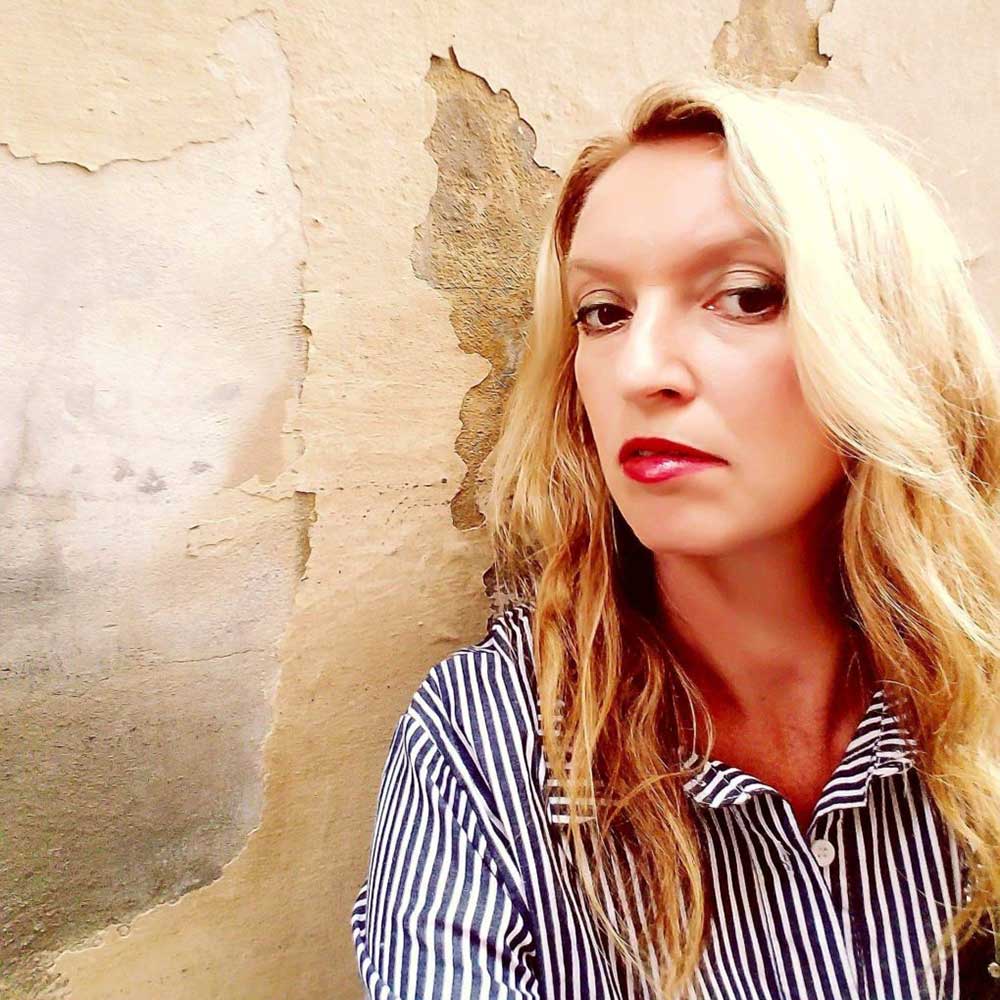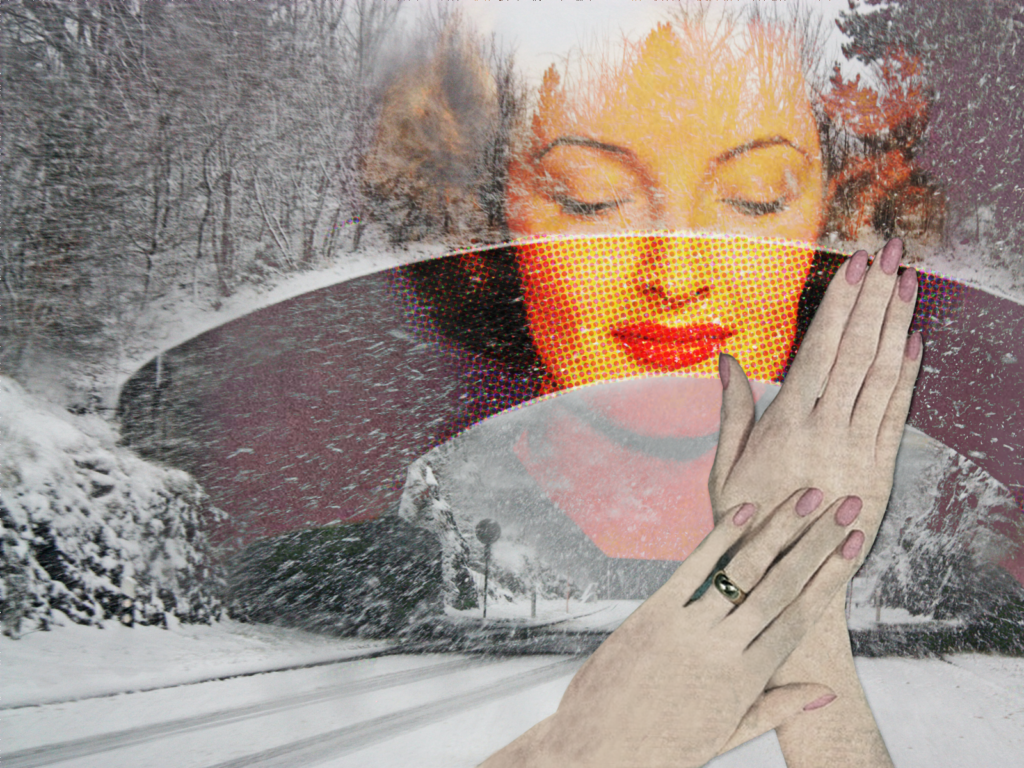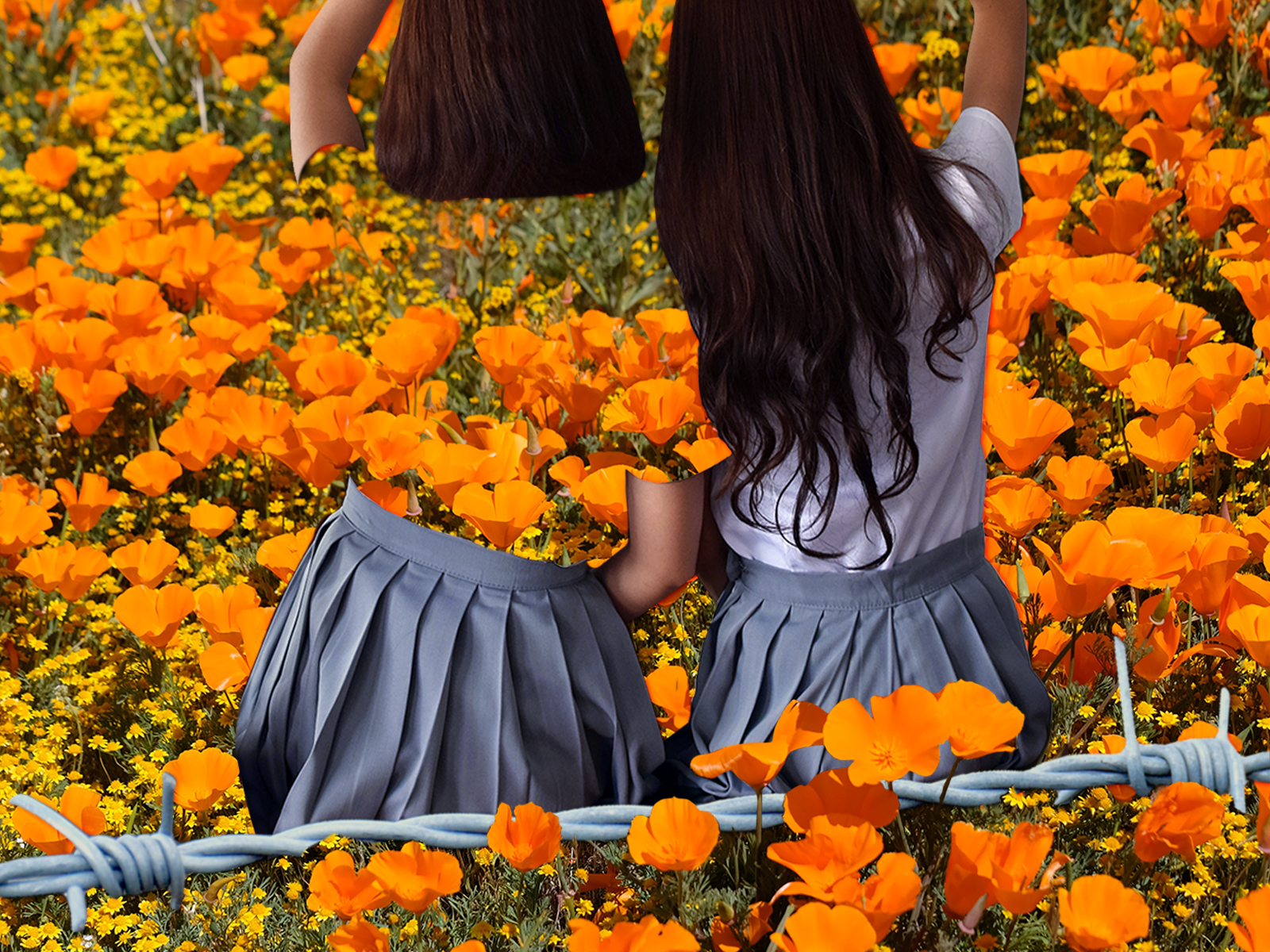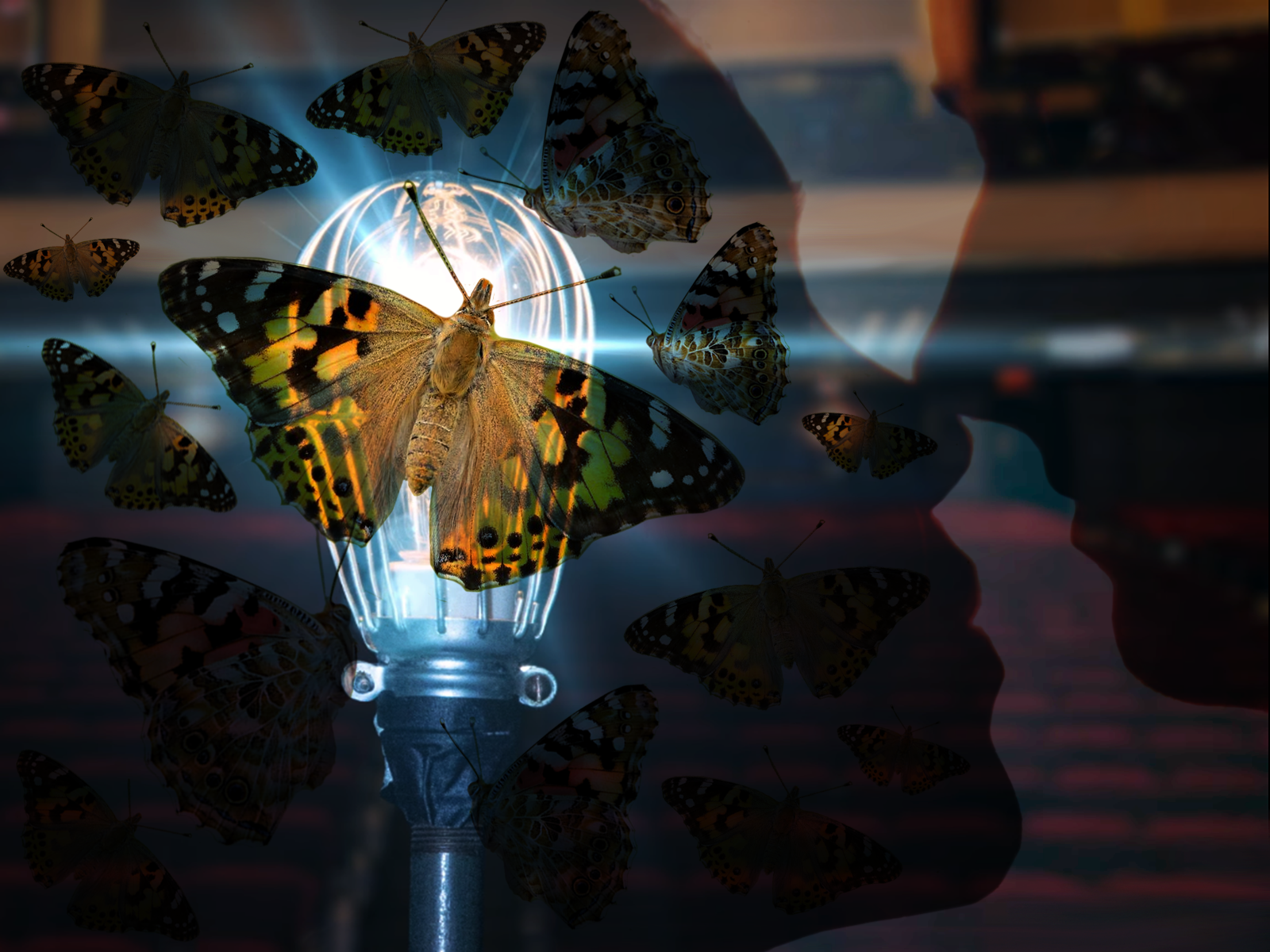Fruit of the Earth
I have wasted these curses on minor disappointments.
Screwed up in brown paper, rattling in a tin cup,
little hollow white things like hoarded baby teeth.
Like the irritating boy at summer camp
that I flat-out refused to kiss in Truth or Dare,
but went to kiss my friend, and bowled her
over backwards (all set in a swamp, too,
taking mosquito kisses, tearing our skin with our
ecstatic itching, everything ecstatic back then
with the exception of kissing Bill, his name was Bill):
we cursed him with chickenpox and he didn’t come back.
I may have dropped a curse by mistake and
killed the man who had been killed before,
in a tractor rollover. All he ever talked about:
the white light at the end of the tunnel,
Jesus in a dress. I may have gotten tired of it.
I may have dropped a little stale old
bread crumb curse.
I would like to take them all back: the knives,
the pinpricks, the chickenpox, the mirror by
midnight, the candle wax. I would like to set down
these small things and heave whole mountains.
I am sorry, I should not have been bored with
the story of the born-again tractor man.
It is a terrible thing to die.
I would take that deadly bread crumb back.
I would mould it and knead it into a great angry
ferment of dough, bake it into a loaf of curses
dry enough to choke.
Maybe tomorrow I will be sorry, I mutter,
slicing the cursed bread at midnight.
But tonight I am not.
The Winter the Women Went to Sleep
That was the winter the women went to sleep.
It was a kind of hibernation.
When the first snow fell they began looking out
windows, pits of eyes reflecting back, mouths
opening, asking, have you done all you could
to save the world? The answer was always no.
But most of them were used to trying to explain —
why the dishes weren’t done, why the toddler had
a cut lip, why their bodies kept spreading like butter.
No I haven’t done my kegels. No I can’t be your
Dream Girl. No, the world still isn’t saved.
Let me explain. Because there was traffic, there
were crying children. A three-legged kitten hobbling
by the road. Because I always stop for Death.
In the dark glass, they saw the white snow fall through
the open chambers of their skulls, drift
between their clavicles, fill their lungs the way
sweatshop girls’ lungs choked with cotton.
Their hollow faces glared back, demanding, accusing.
Below their eyes and the snow drifting into ribs,
their hands kept moving. Cleaning. Cutting.
When the hibernation started, it was not meant
to be an escape. It wasn’t irresponsible. They had
pinned their own eyes open like in A Clockwork Orange
but the women fell asleep anyway.
Slumping over desks and tables. Knives in hands.
Curled parentheses bracketing off everything
they’d intended to protect.




